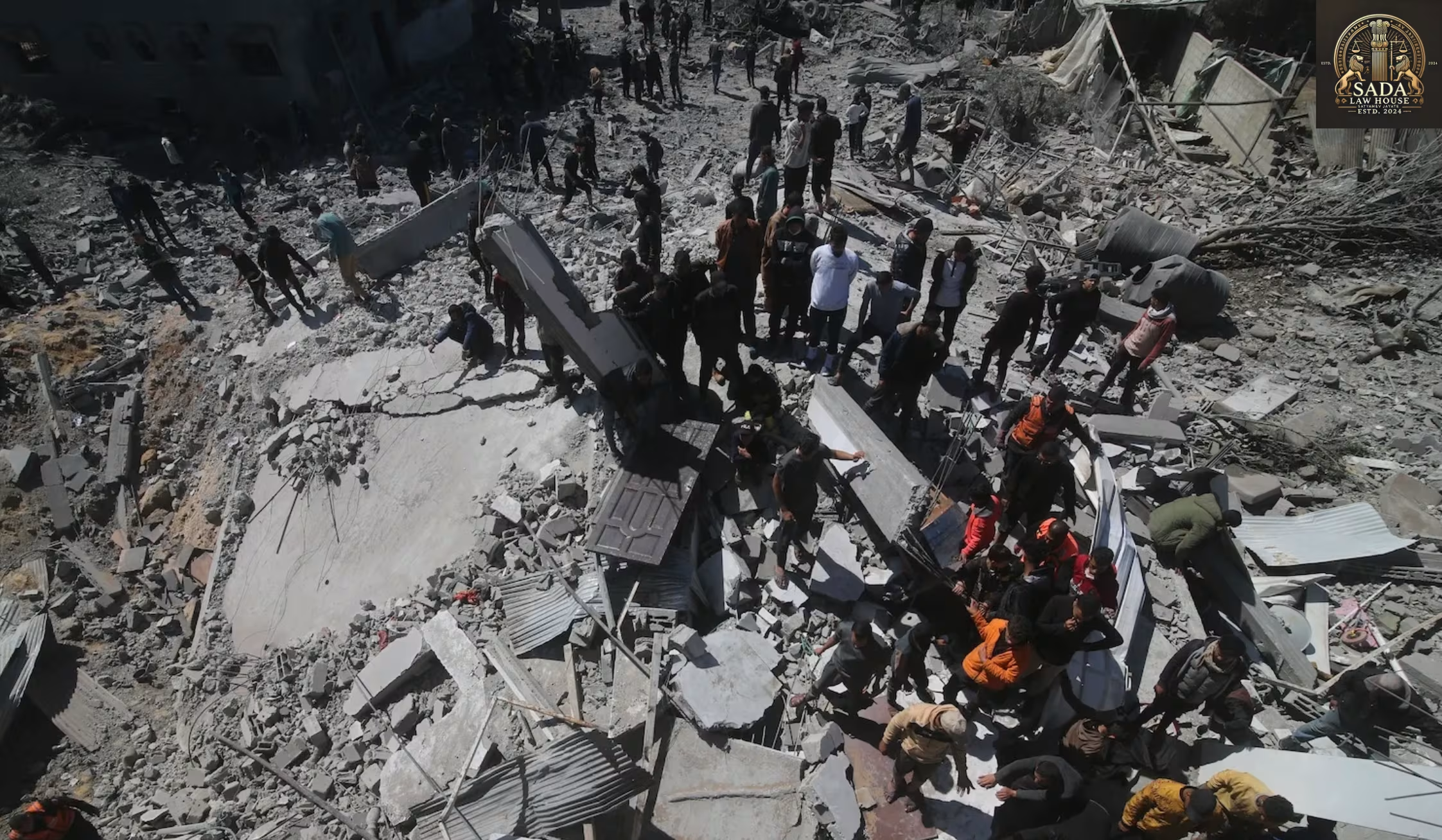China Condemns Gaza Hospital Attack, Calls for Ceasefire
- Shristi singh
- 28 AUG 2025

On 26 August 2025, a deadly attack on a hospital in Gaza left dozens dead, including women, children, and medical staff. The incident sparked global outrage and renewed debate over the Israel–Palestine conflict, international humanitarian law, and regional stability.
The People’s Republic of China condemned the attack in strong terms, positioning itself as both a peacemaker and critic of Western interventions, while highlighting the escalating humanitarian crisis in Gaza.
Background of the Hospital Attack
The hospital, one of Gaza’s busiest medical facilities, treated civilians and displaced families amid ongoing hostilities. While Israel denied targeting the facility, Palestinian authorities accused Israel of deliberate aggression. Restricted access has made independent verification difficult, intensifying calls for accountability.
China’s Ministry of Foreign Affairs called the attack “inhumane, unacceptable, and a blatant violation of international humanitarian law,” emphasizing that hospitals, schools, and other civilian infrastructure must never be targeted.
China’s Response
Condemnation – China condemned the attack and called for protection of civilians.
Ceasefire Call – Beijing urged Israel and Hamas to immediately halt hostilities.
Multilateral Action – China appealed to the United Nations Security Council and the international community to de-escalate tensions and provide humanitarian aid.
Spokesperson Lin Jian stated:
“China strongly condemns the attack on a Gaza hospital. Civilians must not be made to pay the price of war. We urge all parties to exercise restraint and return to negotiations under the framework of a two-state solution.”
Global Reactions
United Nations: Secretary-General called the attack “utterly shocking.”
Humanitarian Organizations: Red Cross termed it a grave breach of international law.
Western Nations: U.S. and EU expressed sorrow but avoided direct blame, calling for investigations.
Middle Eastern Nations: Turkey, Iran, and Arab countries labeled it a “massacre.”
China’s condemnation is particularly influential due to its permanent UNSC seat and growing role as a defender of the Global South.
China’s Growing Role in the Middle East
Diplomatic Mediation – In 2023, China brokered reconciliation between Iran and Saudi Arabia.
Energy Security – China depends heavily on Gulf oil, making regional stability critical.
Counter-Western Narrative – Beijing challenges U.S. involvement, portraying itself as a humanitarian power.
Humanitarian Impact in Gaza
The hospital attack worsened an already dire situation:
Thousands of displaced civilians face shortages of food, water, and medical supplies.
Doctors Without Borders reported hundreds of patients, including newborns, were at risk.
Overwhelmed medical staff face trauma and electricity shortages impede treatment.
China pledged humanitarian aid, including medical supplies and financial support, through international relief agencies.
Implications for Israel-Palestine Relations
China’s statements apply moral and diplomatic pressure on Israel.
Strengthens Palestinian diplomatic leverage.
Israel dismissed criticism as biased, emphasizing defensive actions.
UN Security Council Response
An emergency UNSC session revealed deep divisions:
China and Russia demanded immediate ceasefire and civilian protection.
U.S. emphasized “balanced language” defending Israel’s right to self-defense.
European nations highlighted humanitarian concerns but avoided strong condemnation.
The deadlock underscores questions about the UNSC’s effectiveness in humanitarian crises.
Strategic Analysis: China’s Gains
Global Image – Enhances China’s reputation as a responsible power.
Diplomatic Leverage – Strengthens ties with Arab and Muslim nations.
Counterbalance to the U.S. – Positions China as a humanitarian alternative to Western influence.
China may use this credibility to push for peace talks, expanding its influence in a region historically dominated by U.S. diplomacy.
Conclusion
The Gaza hospital attack highlights the civilian cost of the Israel-Palestine conflict. China’s condemnation reflects humanitarian concern and strategic diplomacy, aiming to present itself as a global peacemaker. Future developments will depend on Beijing’s willingness to pressure the warring parties and mobilize international support.






